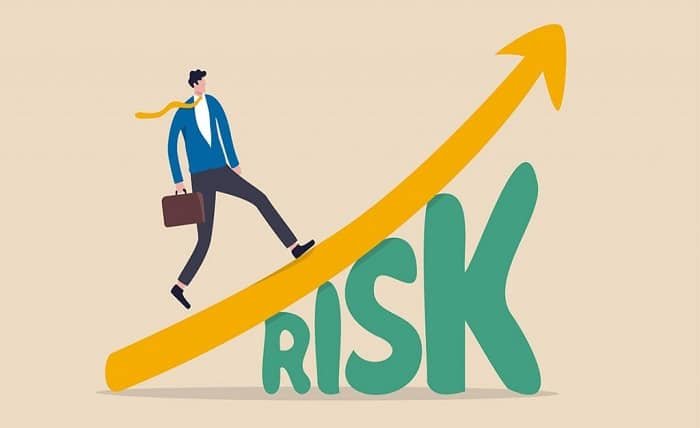Risk: A Comprehensive Guide

Introduction
Risk is essential in every domain of life—from business and finance to personal decisions and beyond. This comprehensive guide explores various dimensions of risk, offering insights and strategies to navigate its complexities effectively.What is Risk?
Risk Management: Principles and Practices
Effective risk management is crucial for minimizing potential losses while maximizing gains. Here, we delve into the principles of risk management, discuss various risk assessment tools, and how these practices can be applied in both organizational and personal contexts.
The Psychology of Risk-Taking
Why do people take risks? This part explores the psychological drivers behind risk-taking, including the role of reward systems in the brain, the impact of personality traits on risk preferences, and how culture influences our perception of risk.
Financial Risks and How to Hedge Them
In finance, risk management is paramount. This section covers the types of financial risks—market risk, credit risk, liquidity risk, and operational risk—and strategies for hedging against them to protect investments and assets.
Technological Risks in the Digital Age
As technology advances, so do the risks associated with it. We discuss cyber risks, the threat to data security, and the impact of technological failures. Additionally, we look at ways individuals and companies can safeguard against these risks.
Legal and Compliance Risks
This segment outlines the legal risks businesses face, such as non-compliance with laws and regulations, and the consequences that can arise. Tips on how organizations can stay compliant and mitigate these types of risks are also provided.
Environmental Risks and Sustainability
With increasing awareness of climate change, environmental risk has become a significant concern. This part examines the risks to businesses and communities from environmental factors and discusses strategies for promoting sustainability and resilience.
Social Risks and Their Impact on Reputation
Social risks refer to the risks arising from social change, instability, and public opinion. This section explains how these risks can affect an organization’s reputation and offers methods to manage social risks effectively.
Personal Risk-Taking: Decisions and Consequences
On a personal level, understanding and managing risks can lead to better decision-making. This section provides insights into personal risk assessment and how to approach life’s big decisions safely and confidently.
The Future of Risk: Emerging Trends
Looking ahead, we consider emerging trends in risk, including the growing influence of artificial intelligence and machine learning in risk management, and the evolving nature of global risks in a changing world.
Conclusion
Risk is an inherent part of life. By understanding the various types of risk and employing effective management strategies, both individuals and organizations can position themselves to handle potential challenges better and seize opportunities. Embracing a cautious yet proactive approach to risk can lead to substantial rewards.
FAQs
1.What is the best way to manage risk in business?
Managing risk in business involves identifying potential risks, assessing their impact, and implementing strategies to mitigate them, such as diversification, insurance, and compliance checks.
2.How can individuals assess their risk tolerance?
Individuals can assess their risk tolerance by considering their financial stability, life goals, and emotional capacity to handle the consequences of their decisions.
3.What are some common mistakes in risk management?
Common mistakes include failing to identify all potential risks, underestimating the likelihood or impact of risks, and not revising risk management strategies regularly.
4. Can risk ever be completely eliminated?
It is impossible to eliminate risk entirely; the focus should instead be on managing risk to a tolerable level that aligns with one’s goals and capacity.
5.How do psychological factors influence risk-taking behavior?
Psychological factors such as overconfidence, aversion to loss, and herd behavior can significantly influence an individual’s propensity to take risks. Understanding these can help in making more balanced decisions.





